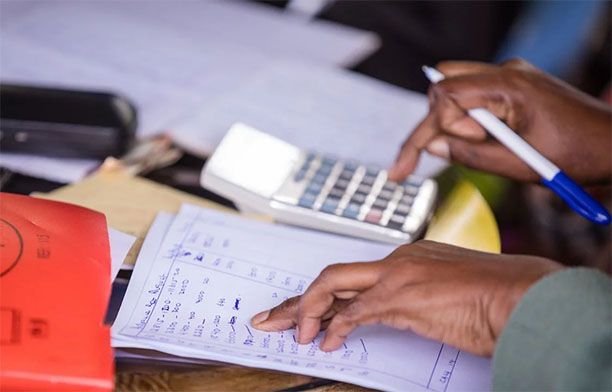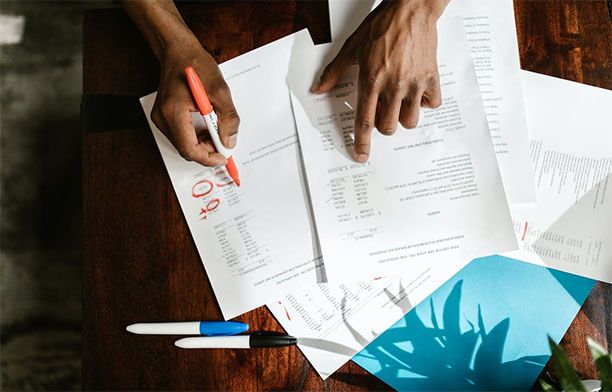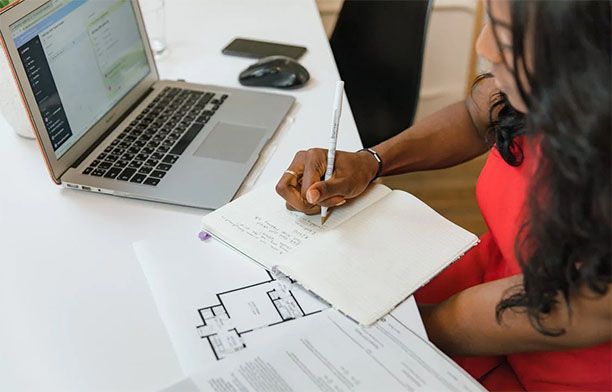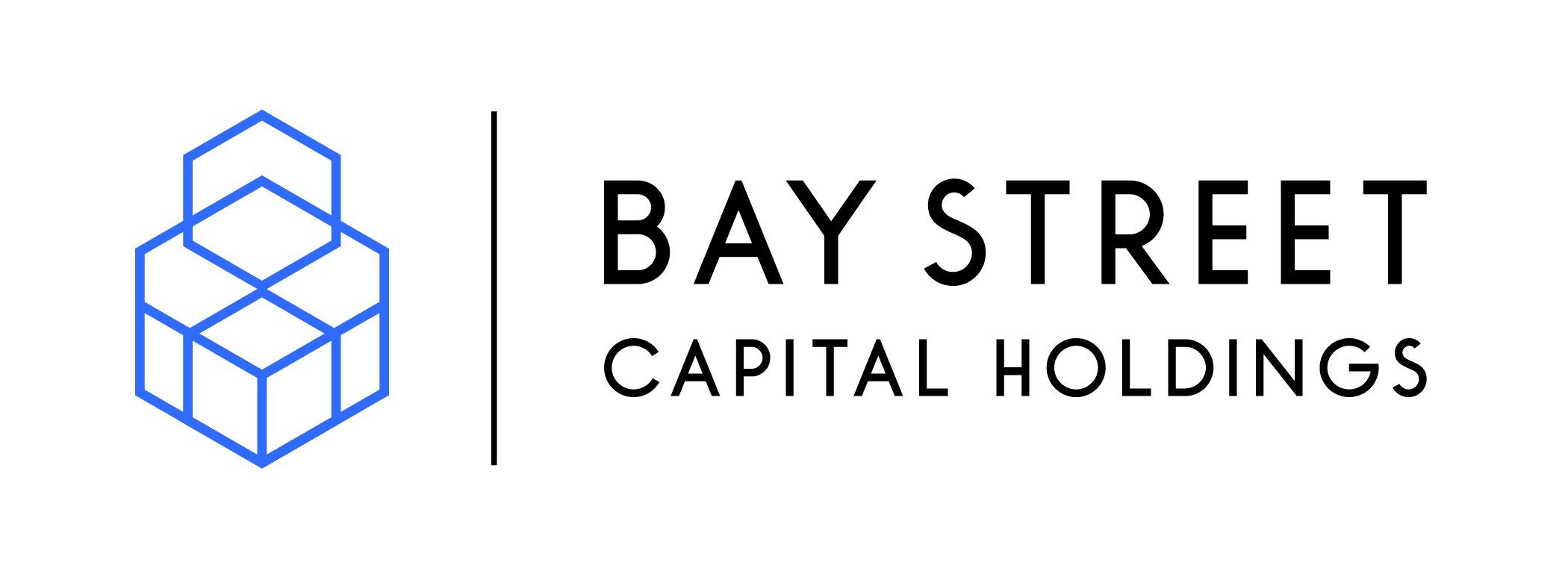One December, I made the last payment on my student loans. Though I’m debt-free now, I’m starting at ground zero. It’s a new beginning for me in many ways — a fresh start, a time to rebuild.
Key Points
Good debt is debt that is taken on to finance investments that have the potential to increase in value or generate income over time while bad debt is debt that is taken on to finance purchases that lose value over time and do not generate income
Some of the things that cause people to get into debt include overspending, emergencies, student loans, housing costs, credit card debt and business or investment ventures
Among the more sustainable ways of getting out of debt include creating a budget, increasing your income, using the debt snowball or debt avalanche method, negotiating with creditors, considering debt consolidation and working with a financial advisor
After clearing your debt, some important things to consider are re-thinking your budget, re-building your emergency fund and increasing your retirement fund contribution
Disclaimer
The contents of this article are for educational purposes only. They are not intended to be a source of professional financial advice. You will find experts on financial planning, financial management, and real estate here. More on disclaimers here.
What is Good Debt vs Bad Debt?

Good Debt
Good debt is debt that is taken on to finance investments that have the potential to increase in value or generate income over time. This type of debt is typically considered to be an investment in your future financial well-being. Examples of good debt include:
Student loans: Taking out a loan to finance your education can be considered good debt because it can increase your earning potential over time. Mortgages: Purchasing a home with a mortgage can also be considered good debt because it is an investment in your future and can appreciate in value over time.
Small business loans: If you're starting a business, taking out a loan to finance your startup costs can be considered good debt if your business has the potential to generate income and increase in value over time.
Even though some debt can be considered good, it is important to speak to your financial advisor before taking any loans so that they can help you to find effective ways to manage and repay the debt for future financial success.
Bad Debt
Bad debt, on the other hand, is debt that is taken on to finance purchases that lose value over time and do not generate income. Examples of bad debt include:
Credit card debt: Using a credit card to make purchases that you can't afford to pay off in full can be considered bad debt because the interest rates are typically high and the purchases may not have long-term value.
Auto loans: While purchasing a car is necessary for many people, taking out a loan for a car that is more expensive than you can afford can be considered bad debt.
Payday loans: Taking out a payday loan, which usually has a very high interest rate, can be considered bad debt because it can lead to a cycle of debt that is difficult to escape.
What Causes People to Get Into Debt?
Debt can be a useful tool for achieving certain goals, such as buying a home or starting a business. However, it's important to manage debt responsibly and avoid overspending or taking on too much debt without a clear debt repayment plan.
Among the reasons that people fall into debt include:
Overspending

One of the most common reasons people acquire debt is due to overspending. If someone spends more money than they earn, they may need to borrow money to make ends meet.
Emergencies
Unexpected emergencies, such as medical bills or car repairs, can also lead to debt if someone doesn't have enough savings to cover the costs.
Student loans

Many people acquire debt through student loans, which can be necessary to pay for higher education.
Housing costs
Purchasing a home or renting an apartment can be a significant expense, and many people take out loans or mortgages to cover these costs.
Credit card debt

Credit cards can be a convenient way to make purchases, but if someone doesn't pay off the balance in full each month, they can accrue high-interest debt.
Business or investment ventures
Starting a business or investing in stocks, real estate or other ventures can also lead to debt if the investment doesn't pan out.
Getting Out of Debt

To get out of debt, I had to tap into my emergency fund. Currently, it sits at an uncomfortable level — an amount that would hardly help in a real emergency. I have approximately $600 in a Roth IRA … and that’s it.
I need to catch up to where I should be financially, and save for my future and personal goals. This year, I have big plans to start over and finally have my money work for me. I plan to:
- Fully fund my emergency fund ($10,000)
- Invest $20,000 in index funds and my Roth IRA.
These goals are ambitious, to say the least, but I am hopeful and determined. Last year, I put $30,000 toward debt, so theoretically, I could put that same amount toward saving and investing.
There’s just one problem: I’m moving to a location with a higher cost of living. While paying off debt, I’ve remained in Portland, Oregon, where my expenses are low. The catch? I’m not happy here. After four years of trying to be happy, it finally makes sense to move somewhere else now that I’ve entered my life after debt.
I’m moving to Los Angeles, where I am from, and where my parents live. I expect my rent to double when I move. It will be a challenge to pay double my rent and also save and invest $30,000. But there are ways that I plan to accomplish my goals:
- Earning More
This year, I plan to earn more by targeting high-paying clients, asking for raises, and selling stuff before the move. In addition, I plan to diversify my income streams even further.
- Automated Savings
I’m a huge fan of automation when it comes to finances. As humans, we make a lot of excuses for why we don’t do things. I’m no different. I’ve found that paying myself first through automatic contributions is the best policy. I automatically save 10 percent of my income, but I plan to increase that to at least 25 percent and contribute more as I can.
- Avoiding Lifestyle Inflation
Even though I’m debt-free now, I plan on keeping the lifestyle I have, for the most part. I don’t plan on suddenly increasing my expenses (aside from rent).
I don’t have a car, a pet, cable, a gym membership, and I don’t buy clothes unless I have to — and I plan to keep it that way. Although my goals are ambitious, and to be honest it feels a bit stressful, I’m ready to finally live life on my terms, and not in the shadow of debt.
I’m going to make my money work for me and use it as a tool to be happy and enjoy life, no longer being crushed by the burden of debt.
What are Some Sustainable Ways of Getting Out of Debt?
Getting out of debt can be challenging, but it's possible with a plan and some dedication. Here are some effective ways to get out of debt:
Create a budget

A budget can help you understand your income and expenses and identify areas where you can cut back on spending. Use your budget to prioritize your debt payments and make sure you're making the minimum payments on all of your debts.
Increase your income
Consider taking on a part-time job or freelancing to increase your income. Use the extra money to repay debt much faster.
Use the debt snowball or debt avalanche method
These methods involve paying off your debts in order of smallest to largest (snowball) or highest interest rate to lowest interest rate (avalanche). Both methods can help you build momentum and make progress toward paying off your debts and becoming debt free sooner.
Negotiate with creditors
If you're struggling to make payments, consider reaching out to your creditors to see if you can negotiate a payment plan or lower interest rates.
Consider debt consolidation
Debt consolidation involves taking out a loan to pay off your other debts. This can simplify your debt payments and potentially lower your interest rates, but it's important to make sure you can afford the loan payments.
Seek professional help
If you're struggling to manage your debts on your own, consider seeking help from a credit counselor or financial advisor. They can help you create a plan to manage your debts and get back on track financially. In addition, they can help you create an investment portfolio to ensure that your financial assets keep growing so you can achieve your financial goal.
What are the Next Steps After Paying off Debt: Setting Financial Goals

You may be asking yourself what to do after you’ve reached the life after debt. “Paying off debt is like getting past the doorman. Now as a debt-free person you have more room and space to enjoy your hard-earned money,” states Jacent Wamala, licensed marriage and family therapist and money mindset coach.
“You have to transition into a new frame of mind and budgeting in a whole new way,” Wamala adds. “Include a line item in your budget to allow for fun money to be spent in the areas you value. Address your scarcity mindset that keeps you feeling restricted.”
You may also be asking yourself what the plan should be in the months following such a big milestone. “The next thing to do is to actually set another goal,” asserts Paul Sundin, CPA and tax strategist at Emparion. “When it comes to financial matters, the goals are endless, just like numbers are almost endless.”
Giving yourself something else to work toward can help you stay focused. Whether it’s paying off student loan debt, saving a certain amount in an emergency fund, or starting a retirement account, here are some tips to help you on your next goal:
Rethink Your Budget
Examine your priorities and long-term financial goals now that your burden of debt has been removed. “It is important not to feel deprived when you are building out your new budget, because people then tend to rebel against it. By setting realistic budgets and goals you will set yourself up for success,” says Erika Wasserman, a financial therapist.
Rebuild Your Emergency Fund
Having an emergency fund is still important even if you have reached your financial goals. If this was your goal, great! See if you can pad it even more.
Increase Your Retirement Fund Contribution
Now is the time to add and add a lot to your retirement savings so you are well prepared later in life. Begin to Invest: Being debt-free now and having less financial obligations gives you the ability to take risks with your money ー and possibly earn rewards.
Conclusion
Paying off debt is a major accomplishment that can bring a sense of relief and freedom. However, it's important to remember that financial success isn't just about getting out of debt. Setting new financial goals after paying off debt is a crucial step in building long-term financial stability and achieving your dreams.
Whether your goals include saving for retirement, buying a home, starting a business or something else entirely, it's important to create a plan and stay committed to achieving them. To remain debt free and build an attractive investment portfolio, consider working with a financial advisor to help you get your financial life in order. By setting new financial goals and taking steps to achieve them, you can continue to build a brighter financial future for yourself and your loved ones.
Bay Street Capital Holdings

Bay Street Capital Holdings is a Black-owned, independent investment advisory, wealth management, and financial planning firm headquartered in Palo Alto, CA. The firm was founded by William Huston after 13 years of supporting the United States' largest retirement plan ($650B) Thrift Savings Plan. In 2022, he was recognized as Investopedia’s Top 100 Financial Advisors.
The firm manages portfolios with the goal of maintaining and increasing total assets and income with a high priority on managing total risk and volatility. In Scottsdale Arizona, Ekenna Anya-Gafu CFP, AAMS is recognized among the Best Financial Advisors for his responsiveness, friendliness, helpfulness, and detail. Bay Street was founded to advocate for diverse and emerging fund managers and entrepreneurs.
Sources
https://www.rocketmoney.com/learn/personal-finance/financial-goals
https://www.investopedia.com/articles/personal-finance/100516/setting- financial-goals/
https://www.ramseysolutions.com/personal-growth/setting-financial-goals
https://www.cnbc.com/select/financial-new-years-resolutions/
https://investorjunkie.com/budgeting/longterm-goals-paying-debt/





















